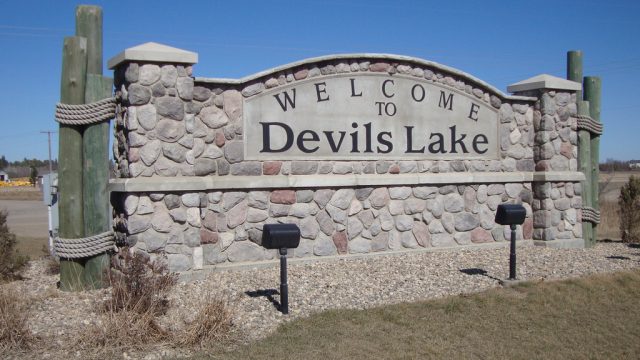Business Models Based On Harvesting Tax Dollars Don't Often Succeed

It seems that a cornerstone of modern economic thinking is the idea that local governments – counties, cities, states, etc. – should be in the business of bribing businesses to come into their area. Things like special tax exemptions, taxpayer-backed financing, and even outright gifts from the public treasury are a common theme in these deals.
Also common in these deals is failure.
Some time ago we here at SAB thought to create a database of economic development failures. Instances where businesses got a bunch of taxpayer money only to go out of business before reaching their goals. Unfortunately I never got around to it, but these boondoggles are still notable, and Devils Lake is the site of yet another one.
Ultra Green, a Massachusetts-based packaging manufacturer, got $2 million in financing from the City of Devils Lake to buy a facility there (the old Leonardo pasta plant). The company was supposed to have employed 100 people by the beginning of this year, and 150 people by the end of this year, but they never got more than about 40.
“While a couple of employees were still at the plant this week, the plant has not been open since July 2, according to Rachel Lindstrom, executive director of Forward Devils Lake, the city’s economic development agency,” reports the Grand Forks Herald. “The closure leaves in limbo about $2 million the city invested in the project, in which Ultra Green used to purchase the former Noodles by Leonardo pasta plant in Devils Lake’s west end industrial park.”
Rachel Lindstrom, executive director of Forward Devils Lake, the city’s economic development agency, says they are currently “in negotiations” about how to settle the $2 million investment.
The company was also supposed to get from the city $1,000 per job created over the initial 100 for the next ten years. The company never even got close to collecting on that.
Which isn’t surprising. Companies with sound business models typically don’t need to be propped up by the taxpayers. Private capital flows to good, profitable ideas.
It’s businesses with marginal or risky business models that must rely on taxpayer subsidies.
There’s nothing wrong with risk in business. There’s nothing wrong with businesses failing. Sometimes that happens. But the thing is, why should the taxpayers be on the hook? Why should politicians and economic development bureaucrats get to play investor with taxpayer dollars? Especially given that they’re not very good at it.




